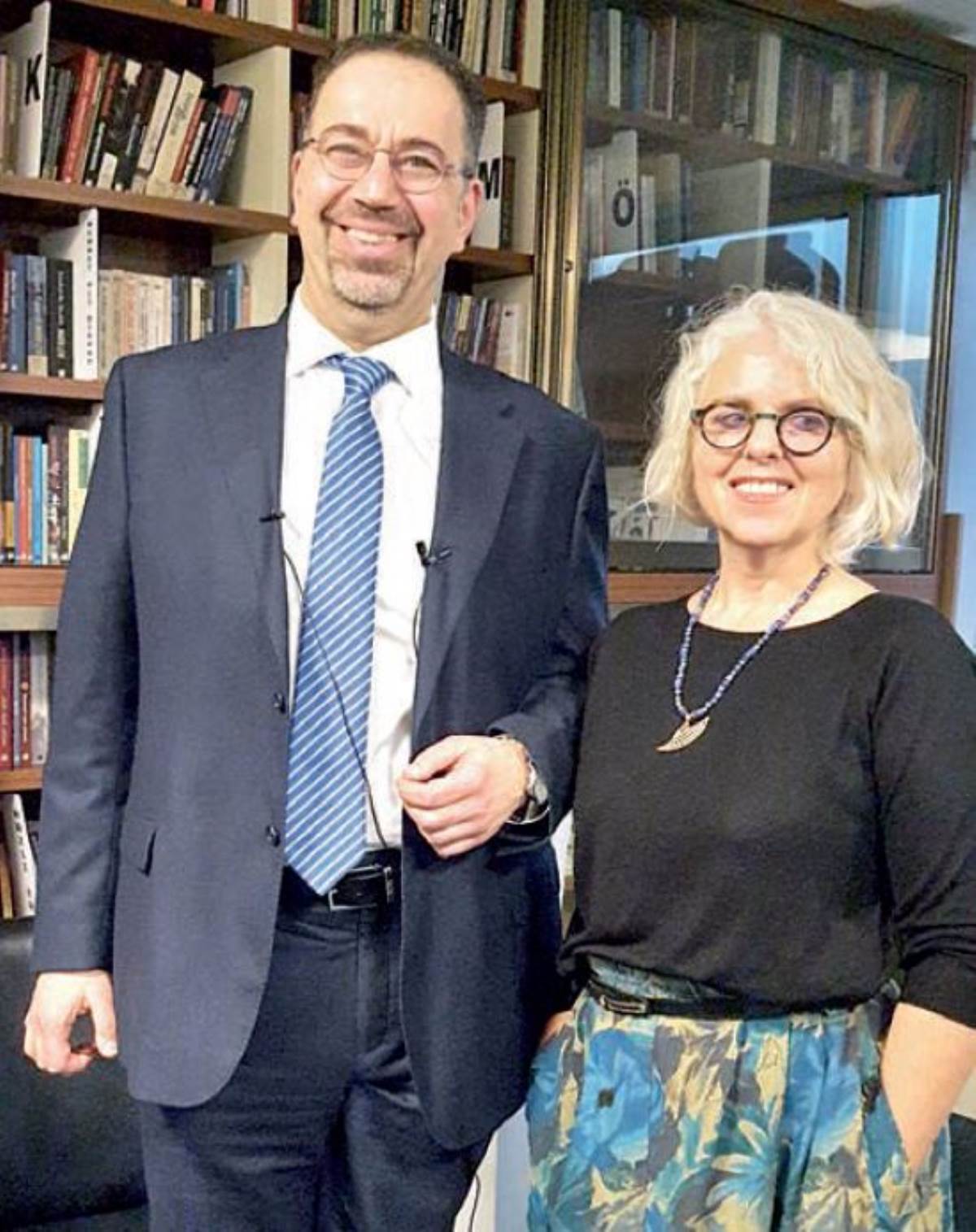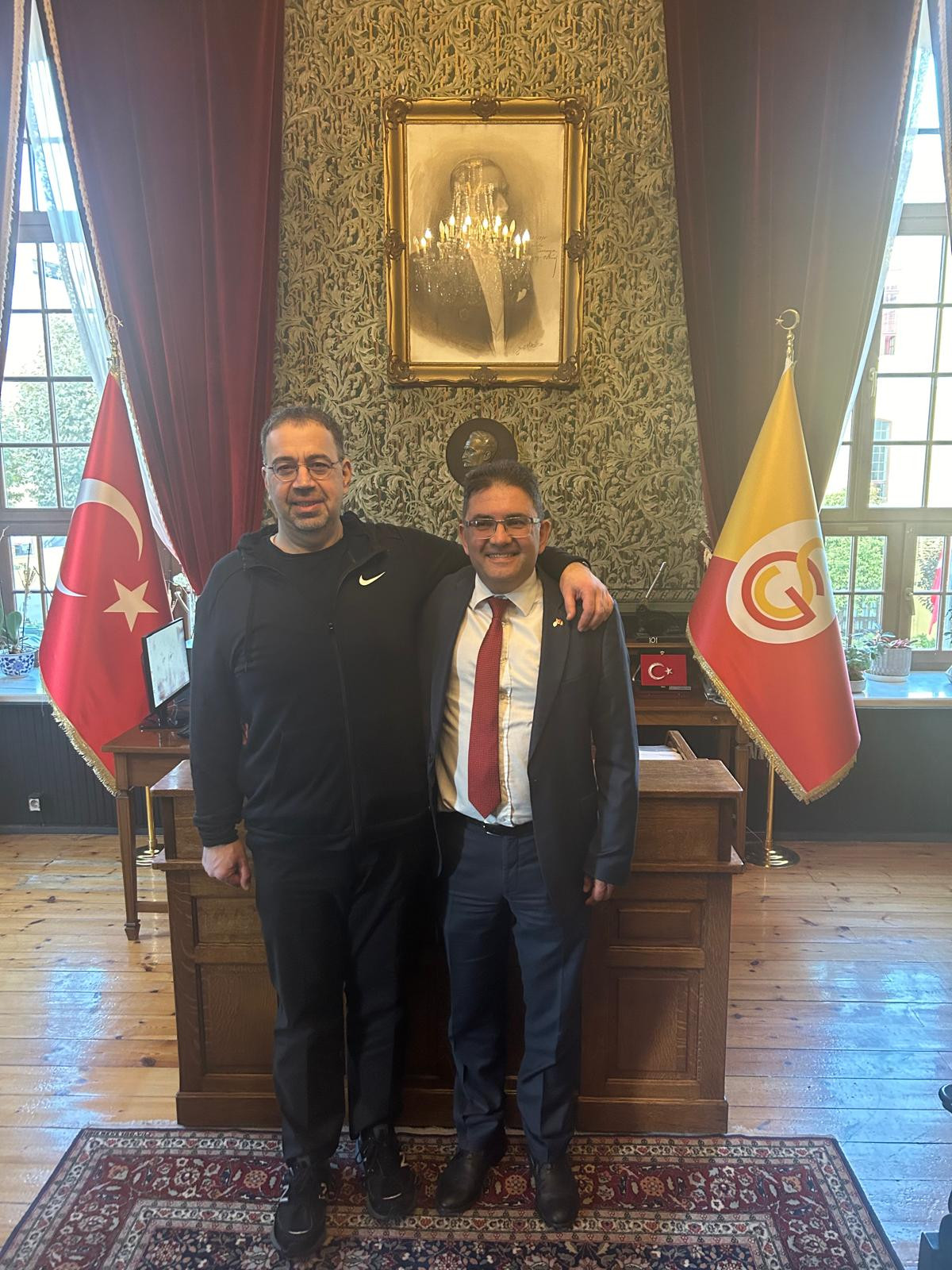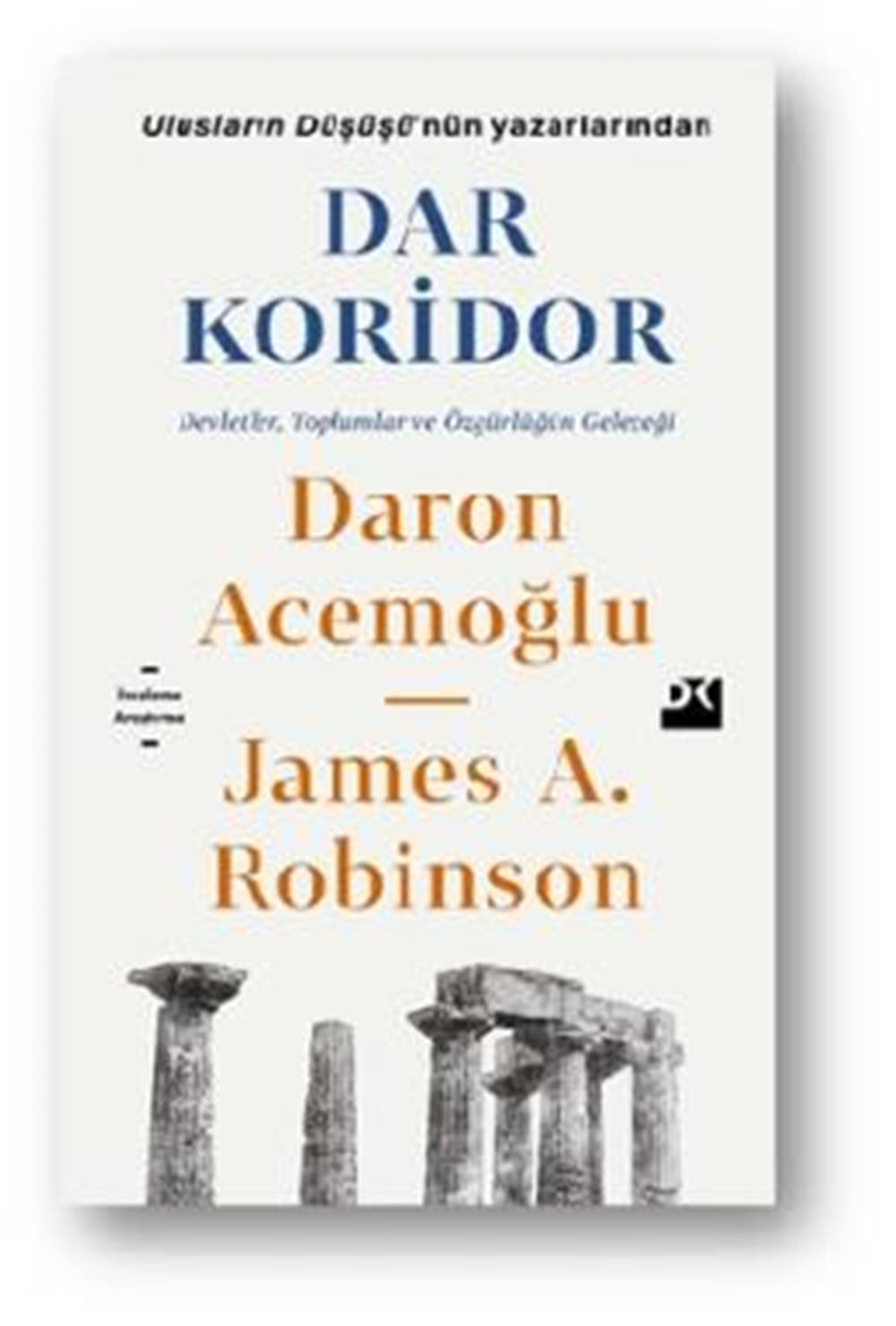Editor's Notes: The compelling research of Daron Acemoğlu, a renowned economist, has shed invaluable light on the intricate factors shaping economic development and inequality. Understanding his groundbreaking contributions is pivotal for navigating the complex economic landscape of our time.
Through extensive analysis and meticulous research, we have compiled this comprehensive guide to Daron Acemoğlu: Pioneer In Economic Development And Inequality Research. Our goal is to empower our readers with a profound understanding of Acemoğlu's remarkable work, enabling them to grasp its profound implications for economic policy and societal progress.

Daron Acemoğlu, ekonomik gidişatı ve asgari ücret tartışmalarını - Source www.cumhuriyet.com.tr
FAQ
This section addresses common inquiries concerning Daron Acemoğlu: Pioneer In Economic Development And Inequality Research and his work on economic development and inequality.
Question 1: What are the central themes of Acemoğlu's research?
Acemoğlu's research revolves around the interaction between economic and political institutions and their impact on economic development and inequality. He explores how institutional frameworks, such as property rights, legal systems, and political structures, shape economic outcomes and shape the distribution of wealth and opportunities.
Question 2: How does Acemoğlu define economic development?
Acemoğlu defines economic development as a sustained increase in living standards, encompassing factors such as income growth, improved health and education, and greater access to opportunities. He emphasizes that economic development should not be limited to economic growth but also include broader measures of well-being.
Question 3: What is Acemoğlu's view on the role of institutions in economic development?
Acemoğlu considers institutions to be crucial for economic development. He argues that secure property rights, efficient legal systems, and democratic political structures foster economic growth and reduce inequality. In contrast, weak or corrupt institutions can hinder economic progress and perpetuate inequality.
Question 4: How does Acemoğlu explain the persistence of inequality?
Acemoğlu attributes the persistence of inequality to the interplay of economic and political forces. He suggests that elites often use their economic power to influence political institutions in their favor, creating policies that perpetuate inequality and stifle upward mobility.
Question 5: What are Acemoğlu's policy recommendations for promoting economic development and reducing inequality?
Acemoğlu advocates for policies that strengthen institutions, promote competition, and enhance educational opportunities. He suggests investing in public education, reforming legal systems, and implementing progressive taxation to reduce inequality and foster inclusive growth.
Question 6: What is the significance of Acemoğlu's work in the field of economics?
Acemoğlu's research has significantly contributed to our understanding of the relationship between economic and political institutions, economic development, and inequality. His work has influenced policymakers, scholars, and international organizations worldwide, shaping the discourse on economic development and inequality reduction.
Tips by Daron Acemoğlu: Pioneer In Economic Development And Inequality Research
Daron Acemoğlu, an MIT professor, has made significant contributions to the understanding of economic development and inequality. Here are some insightful tips drawn from his research:
Tip 1: Promote Inclusive Institutions:
Inclusive institutions, such as independent judiciaries, free press, and accountable governments, create a level playing field for all, fostering economic growth and reducing inequality.
Tip 2: Invest in Human Capital:
Investing in education and healthcare improves human capital, which leads to higher productivity, innovation, and economic growth. This ultimately benefits all members of society, including the disadvantaged.
Tip 3: Encourage Innovation and Entrepreneurship:
Fostering an environment that supports innovation and entrepreneurship, such as through favorable regulations and investment opportunities, stimulates economic growth and job creation, benefiting the entire economy.
Tip 4: Address Market Power:
Concentrated market power can lead to higher prices, reduced competition, and inequality. Policies that promote competition and prevent monopolies can mitigate these negative effects.
Tip 5: Implement Targeted Redistributive Policies:
Targeted redistributive policies, such as progressive taxation and social safety nets, can help reduce inequality and ensure that the benefits of economic growth are shared more equitably.
Tip 6: Promote Social Inclusion:
Promoting social inclusion and reducing discrimination can improve social mobility, create a more cohesive society, and ultimately contribute to economic development.
By implementing these tips, governments and policymakers can create more inclusive, equitable, and sustainable economic systems that benefit all members of society.
Daron Acemoğlu: Pioneer In Economic Development And Inequality Research
Daron Acemoğlu is a renowned economist whose groundbreaking research on economic development and inequality has shaped our understanding of these critical issues. His pioneering work explores the intricate interplay between institutions, politics, and economic growth, shedding light on the factors that drive prosperity and equality.
- Institutions and Development: Acemoğlu's research emphasizes the role of inclusive institutions in fostering economic development.
- Political Economy: He analyzes the political dynamics that shape economic policies and their impact on growth and inequality.
- Economic Growth: Acemoğlu investigates the determinants of long-term economic growth, focusing on the role of innovation and technological change.
- Inequality: His research examines the causes and consequences of economic inequality, exploring its impact on social mobility and political stability.
- Development Economics: Acemoğlu's work has provided insights into the challenges and opportunities faced by developing countries in promoting economic growth and reducing poverty.
- Macroeconomics: He has contributed to the understanding of macroeconomic phenomena such as financial crises and the impact of fiscal policy.
Acemoğlu's groundbreaking research has had a profound impact on economic policy and development strategies worldwide. His insights have helped policymakers design policies that promote inclusive growth, reduce inequality, and create a more just and prosperous society. His work continues to inspire scholars and practitioners alike, shaping the future of economic development and inequality research.

Nobel ödüllü Daron Acemoğlu, yeniden Galatasaray Lisesi koridorlarında - Source www.patronlardunyasi.com
Daron Acemoğlu: Pioneer In Economic Development And Inequality Research
Daron Acemoğlu, an economics professor at the Massachusetts Institute of Technology, is a leading expert on economic development and inequality. His research has helped to shape our understanding of the causes and consequences of economic inequality, and has had a significant impact on policy debates around the world.

Dar Koridor Daron Acemoğlu,James A. Robinson - Source www.hepegitim.com
Acemoğlu's work on economic development has focused on the role of institutions. He has argued that institutions, such as the legal system, property rights, and the political system, play a critical role in determining the level of economic development in a country. Countries with strong institutions are more likely to have high levels of economic growth and low levels of inequality.
Acemoğlu's research on inequality has focused on the role of political power. He has argued that political power can be used to create and maintain inequality. For example, the wealthy can use their political power to influence the tax code in their favor, or to prevent the passage of laws that would help the poor.
Acemoğlu's research has had a significant impact on policy debates around the world. His work has helped to raise awareness of the importance of institutions and political power in shaping economic development and inequality. His research has also been used to support policies that promote economic development and reduce inequality.
Acemoğlu's work is a major contribution to the field of economics. His research has helped us to better understand the causes and consequences of economic inequality, and has had a significant impact on policy debates around the world.
Conclusion
Daron Acemoğlu's research has helped us to better understand the causes and consequences of economic inequality. His work has also had a significant impact on policy debates around the world. Acemoğlu's research is a major contribution to the field of economics, and his work will continue to be influential for years to come.
Acemoğlu's work is a reminder that economic inequality is a complex issue with no easy solutions. However, his research also provides us with hope. He has shown that it is possible to reduce inequality, and that by doing so, we can create a more just and prosperous world.